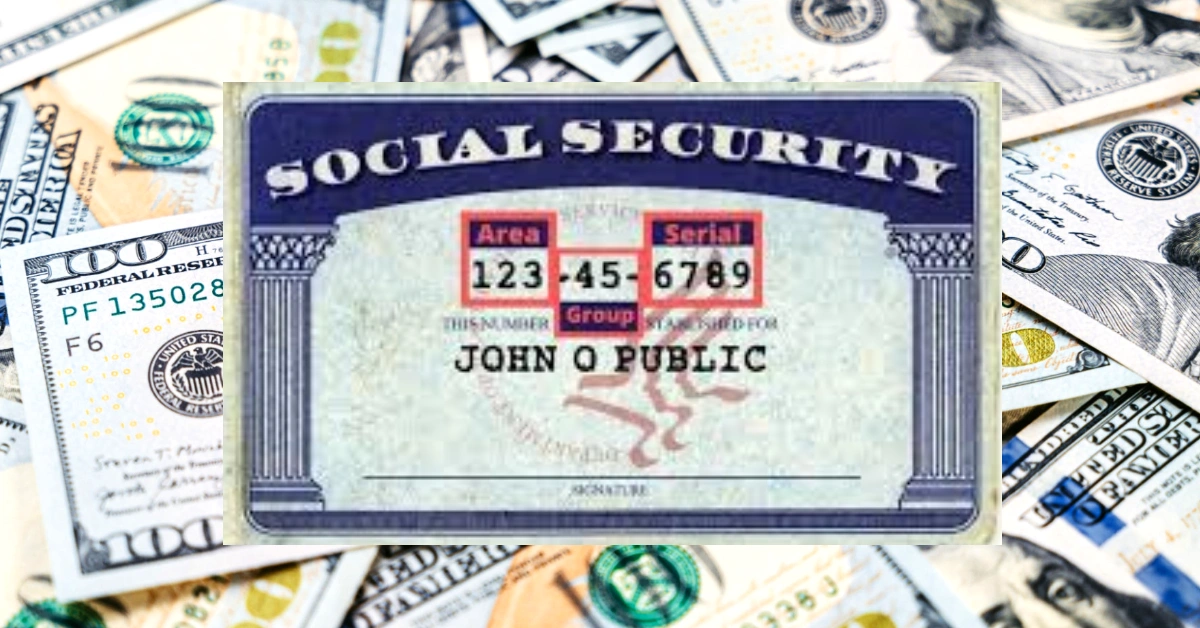Your Social Security number (SSN) is one of the most critical pieces of personal information you own. Unfortunately, it’s also a prime target for identity thieves. Once your SSN is compromised, it can be used for fraudulent purposes, making it imperative to understand how to protect it and respond effectively if it’s stolen.
This comprehensive guide will walk you through steps to keep your SSN safe, spot scams, and take action if your number is compromised.
Table of Contents
When Should You Provide Your Social Security Number?
Certain entities, such as your employer, the IRS, and financial institutions, legitimately require your SSN for identification and record-keeping. However, many other organizations—like hospitals, schools, or even retailers—may request it unnecessarily.
- What to Do:
Before providing your SSN, ask if it’s mandatory. Often, alternative forms of identification, like a driver’s license, suffice. Never hesitate to question why your SSN is required and how it will be protected.
Best Practices to Protect Your Social Security Number
Protecting your SSN begins with vigilance and secure handling of documents containing your number.
- Don’t Carry Your Social Security Card
Avoid keeping your SSN card in your wallet or purse. Store it in a secure, locked place at home where it’s easily accessible when needed. - Shred Sensitive Documents
Use a crosscut or confetti shredder to destroy documents containing your SSN, such as financial statements or tax documents. - Limit Sharing Your Number
Only provide your SSN when absolutely necessary. Question the requester’s need for it and explore alternatives. - Monitor Your Mail and Accounts
Keep an eye on your mail for unfamiliar accounts or financial statements that could indicate fraudulent activity. - Secure Your Digital Presence
Avoid sharing your SSN through email or on unsecured websites. Enable two-factor authentication on accounts that store sensitive information.
How to Spot Social Security Number Scams
Fraudsters often impersonate government officials or financial representatives to trick you into revealing your SSN.
- Red Flags:
- Unsolicited calls claiming to be from the Social Security Administration (SSA), IRS, or banks.
- Messages stating your SSN has been suspended (this is a scam; SSNs cannot be suspended).
- Threats of legal action unless you provide your SSN.
- What to Do:
Hang up immediately if you receive such calls or messages. Legitimate government agencies will not call you to request or verify your SSN.
Set Up a my Social Security Account
Creating a my Social Security account not only allows you to monitor your benefits and earnings but also prevents fraudsters from setting up an account in your name.
- How to Create an Account:
- Visit the official SSA website.
- Provide your personal details to register.
- Enable two-factor authentication for added security.
- Benefits of Two-Factor Authentication:
This feature requires an additional verification step, like a code sent to your phone or email, making it harder for unauthorized users to access your account. - Block Electronic Access:
If you don’t wish to manage your Social Security account online, request the SSA to block electronic access to your information. This ensures no one can set up an account using your compromised SSN.
Trump’s Tax Plan and Social Security: Relief or Risk?
Medicare’s Hidden Costs: 10 Expenses You’ll Have to Pay Out-of-Pocket
New Wave of $700+ Stimulus Checks: Who Qualifies and What’s Next for 2025?
Social Security Shake-Up: Major Changes Coming in 2025 — Are You Affected?
The Medicare Advantage Trap: What They’re Not Telling You About Your Health and Wealth
What to Do If Your Social Security Number Is Stolen
If you suspect your SSN has been compromised, take immediate action to mitigate potential damage.
- Place a Credit Freeze:
Contact the three major credit bureaus—Experian, Equifax, and TransUnion—to freeze your credit. This prevents new accounts from being opened in your name. - Monitor Your Credit Reports:
Regularly review your credit reports for unauthorized activity. You’re entitled to one free credit report annually from each bureau at AnnualCreditReport.com. - Check Your Accounts for Unusual Activity:
Examine bank statements, credit card transactions, and loan accounts for unfamiliar charges or changes. - Report Identity Theft:
File a report with the Federal Trade Commission (FTC) at IdentityTheft.gov and notify the SSA if your SSN is being misused. - Contact Financial Institutions:
Alert your bank or creditors to any suspected fraud and request added security measures for your accounts.
Stay Vigilant to Protect Your Identity
Your SSN is a gateway to critical personal and financial information. By understanding when to share it, securing documents, and staying alert for scams, you can significantly reduce the risk of identity theft. If your number is ever compromised, swift action can help limit the damage and protect your identity in the long term.
Taking these proactive steps ensures you’re not only safeguarding your SSN but also your peace of mind. Stay informed and stay secure!

One thought on “Safeguard Your Social Security Number: Essential Tips to Protect Your Identity and Prevent Fraud”